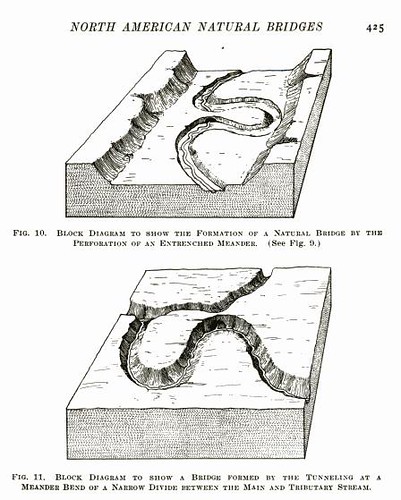Rochelle mentions a library in New Hampshire that is lending out Kindles and also mentions that their use — which was okayed by Amazon support — got a different answer to “is this okay” from the support rep that she spoke with.
Category: books
…also talked about a record for a penis.
Michael Sauers starts a small blog discussion about the Guinness Book of World Records causing trouble in school libraries based on a longer back and forth on the SYSTEMS mailing list including this interesting comment. [thanks david]
Jean-Marie Gustave Le Clézio’s Nobel lecture
Jean-Marie Gustave Le Clézio was recently awarded the Nobel prize for literature. His lecture (video) which is rich reading for bibliophiles generally, has a special mention of libraries. [thanks Kári]
Culture, as I have said, belongs to us all, to all humankind. But in order for this to be true, everyone must be given equal access to culture. The book, however old-fashioned it may be, is the ideal tool. It is practical, easy to handle, economical. It does not require any particular technological prowess, and keeps well in any climate. Its only flaw—and this is where I would like to address publishers in particular—is that in a great number of countries it is still very difficult to gain access to books. In Mauritius the price of a novel or a collection of poetry is equivalent to a sizeable portion of the family budget. In Africa, Southeast Asia, Mexico, or the South Sea Islands, books remain an inaccessible luxury. And yet remedies to this situation do exist. Joint publication with the developing countries, the establishment of funds for lending libraries and bookmobiles, and, overall, greater attention to requests from and works in so-called minority languages—which are often clearly in the majority—would enable literature to continue to be this wonderful tool for self-knowledge, for the discovery of others, and for listening to the concert of humankind, in all the rich variety of its themes and modulations.
Google’s scanning magazines…..
Google Books includes magazines now. Here’s an image from the May 1911 issue of Popular Science. Update: here’s a list of the magazines currently scanned and indexed.
pimped bookcarts
The Unshelved Pimp My Bookcart winners are up and available for the looking. Unlike the Bookcart Drill Teams where bookcarts have to have a semblance of structural integrity, some of these fanciful creations seem to have almost no functionality at all. See all the entrants here. My faves: Food for Thought (and handsome book vendor), Jetson’s Skypad Apartments, Spookmobile, and Research Help Five Cents!
